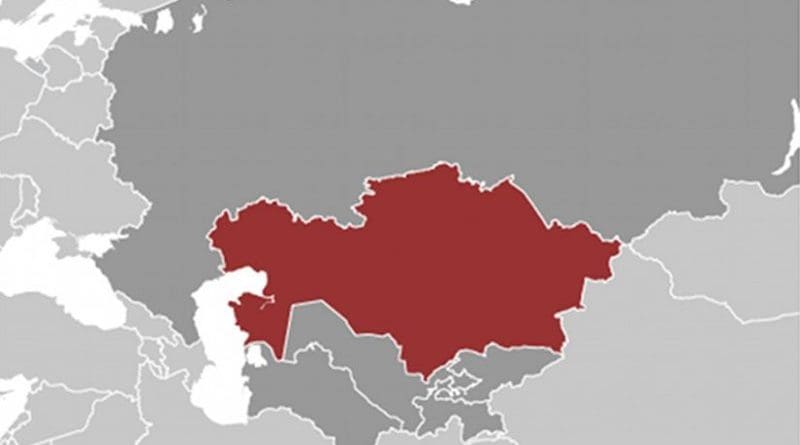Kazakhstan Partnership To Strengthen Pacific Voice On Climate Change
Kazakhstan and the United Nations Economic and Social Commission for Asia and the Pacific (ESCAP) have signed a new agreement to support action on climate change and renewable energy solutions in the region, with a key focus on helping Pacific Island countries to participate more actively in international climate change meetings.
In August, the 2015 Pacific Leaders Forum concluded that the impact of climate change is the single largest development, and in some cases, the existential challenge facing Pacific Small Island Developing States (SIDS). With this in mind, Pacific leaders recognized the importance of amplifying the Pacific voice at international climate change meetings, especially the 2015 Paris Climate Conference (COP 21) in December. For the first time in over 20 years of United Nations negotiations, the international community is expected to achieve a legally binding and universal agreement on climate at COP21, with the aim of keeping global warming below 2°C.
The US $678,000 Kazakhstan-funded project entitled ‘Supporting the Pacific Voice on Climate Change and renewable energy solutions’ will ensure Pacific priorities are heard at this global event and other key regional climate meetings. The project will also strengthen the ability of Pacific countries to develop national positions on climate change, and provide resources for Pacific countries to plan and implement a resource mobilizations strategy to raise funding for renewable energy targets.
At a signing ceremony in Bangkok today, United Nations Under-Secretary-General and Executive Secretary of ESCAP Dr. Shamshad Akhtarunderlined the global nature of climate change and welcomed the new trust fund agreement in support of the Pacific Islands: “It is hoped that this strengthened partnership with Kazakhstan will benefit the Pacific Island countries by enabling them to effectively participate in global negotiations on climate change and other sustainable development related meetings by developing national strategies on climate change and renewable energy. We also hope that this will lead to additional agreements and further collaboration in addressing the issues related to sustainable development and climate change,” said Dr. Akhtar.
H.E. Mr. Marat Yessenbayev Ambassador of Kazakhstan to Thailand and Permanent Representative to ESCAP highlighted the critical need to take immediate action on climate change in the region: “Without determined and coordinated action at a national, regional and, above all, global level to tackle climate change and build sustainable economies, all our futures are under threat.”
Kazakhstan is an important partner and emerging donor of ESCAP, providing its support to technical cooperation work in areas of environment, energy and financing for sustainable development, and through hosting ESCAP’s Subregional Office for North and Central Asia in Almaty.

